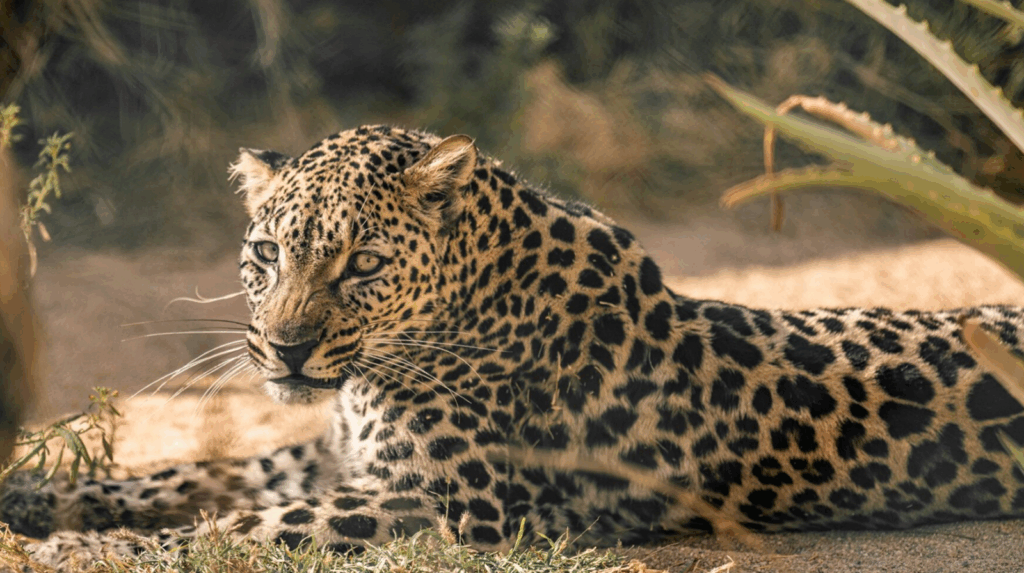
RCU Collaborates with Arabian Leopard Fund to Safeguard the 'Arabian Leopard'
A significant initiative is underway to protect the critically endangered Arabian leopard through a collaboration between the Royal Commission for AlUla and the Arabian Leopard Fund.
Introduction
The Royal Commission for AlUla (RCU) and the Arabian Leopard Fund (ALF) have teamed up to spearhead efforts to save the critically endangered Arabian leopard. A significant cooperative agreement was recently announced, allowing two Arabian leopards to travel to Washington, D.C. This cooperation aims to enhance environmental sustainability and biodiversity protection.
Importance of the Collaboration
This arrangement is critical for RCU’s broader strategy to expand its network of international conservation partners. ALF serves as the primary vehicle for fostering global cooperation and coordinating scientific actions across borders to ensure the survival of this unique species.
Details of the Conservation Initiative
The collaboration will assist in establishing a backup population of Arabian leopards, enhance critical research efforts, and create awareness for this iconic yet threatened species. The Arabian leopard, known scientifically as Panthera pardus nimr, is listed as Critically Endangered on the IUCN Red List with an extremely high risk of extinction.
Under RCU’s management since 2020, the Arabian Leopard Conservation Breeding Centre in Taif, Saudi Arabia, has seen its leopard population more than double, demonstrating the centre’s successful breeding and care programs.
Goals and Vision
The cooperative agreement will increase genetic diversity within the global Arabian leopard population and inspire millions at the Smithsonian to support leopard conservation efforts. Abeer AlAkel, CEO of RCU, stated, “RCU is thoroughly dedicated to conserving the Arabian leopard, and this collaboration exemplifies our dedication to sharing the story of this magnificent species with the world.”
Dr. Brandie Smith, director of NZCBI, remarked, “Collaborating with RCU to protect this endangered species highlights the need for global cooperation to secure a future for the Arabian leopard.”
Conclusion
This initiative is vital for the ecological balance of the region and aims at reintroducing the Arabian leopard into its natural habitat, achieving broader sustainability goals aligned with Saudi Vision 2030.
